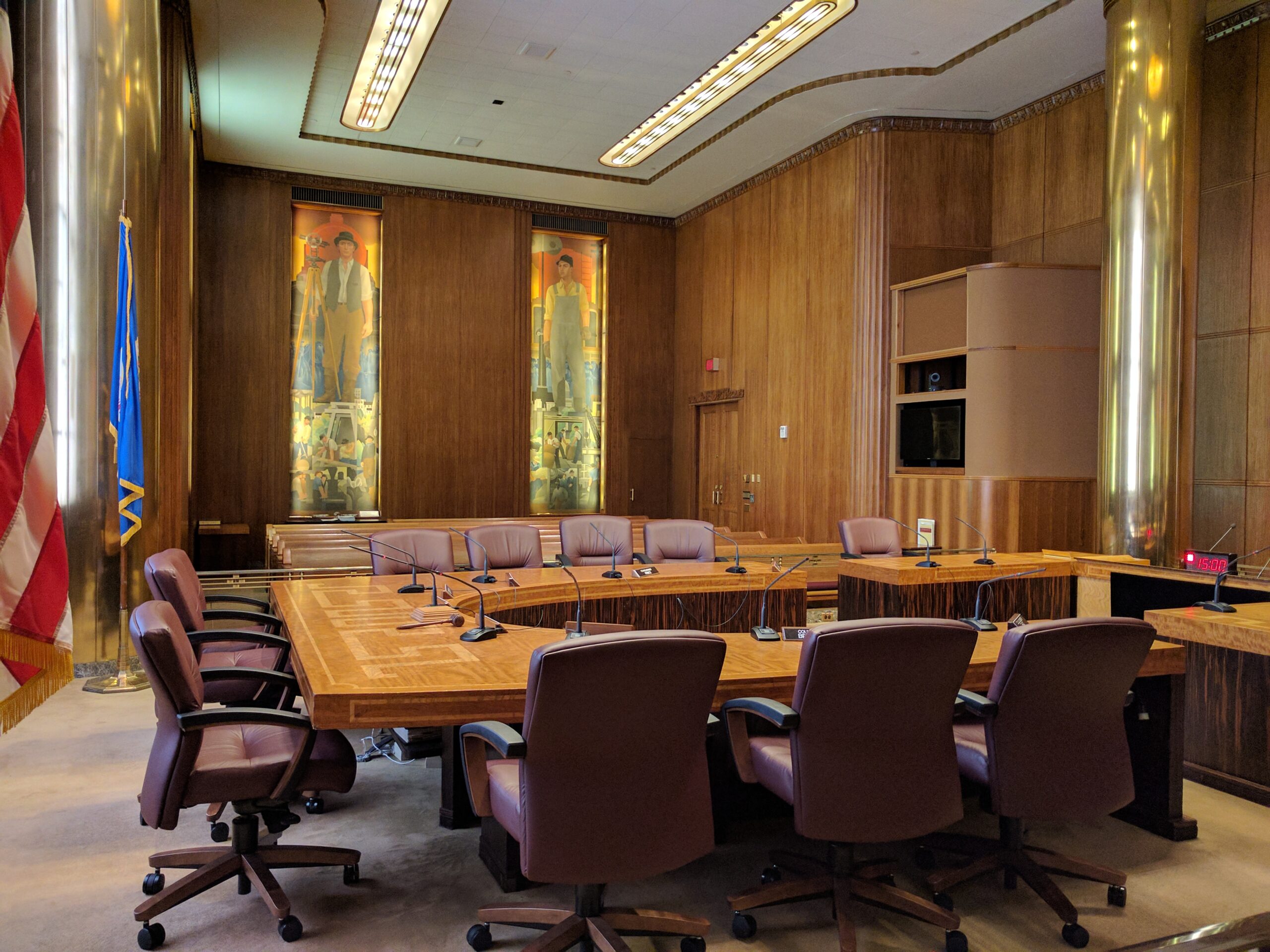In mid-February, prospects didn’t look good for the St. Paul City Council to pass a resolution calling for a ceasefire in Gaza. The Council President, Mitra Jalali, had blocked introduction of such a resolution, explaining that she didn’t believe “foreign affairs” had a place in the deliberations of the City Council, despite the fact she had expressed her support for a Free Palestine during her swearing-in ceremony a few months earlier. She used her political capital as Council President to persuade five other CMs to support her position — all but Ward 6 Council Member, Nelsie Yang. Yang came under heavy pressure from Jalali and a variety of other DFL operatives not to break ranks. But TCDSA-endorsed Yang held strong.
Fast forward to March 6. St. Paul City Council does pass a ceasefire resolution. What leads to this complete turnaround, when the Jalali’s intransigence had previously seemed so firm? Pro-ceasefire St. Paul residents undertook a persistent, multi-faceted campaign to move the Council. There had been door-knocking in Jalali’s and other wards, where canvassers found solid support for a resolution. This was accompanied by phone-banking and calling campaigns to council members. Groups like Women Against Military Madness and TCDSA mobilized repeatedly to attend council meetings and hold rallies in front of City Hall.
Also part of the background was an increasing number of city councils in Minnesota (like Columbia Heights) and throughout the U.S. calling for an immediate ceasefire. Support for a ceasefire has also been growing in unions over the last several months, along with a steady drum beat from demonstrations against U.S./Israeli genocide. On Super Tuesday, March 5, more than 45,000 voters — 20% of those who participated in the Democratic Primary — voted “uncommitted” to show their support for a ceasefire. This movement had been quickly organized by a number of forces on the left, including DSA. All of this pushed an increasingly isolated council into action the following day.
While the resolution has its weaknesses, and doesn’t lay it out as clearly as the Minneapolis resolution, it is a remarkable achievement. It shows that we can never rely on left liberal politicians to do the right thing of their own volition. What always gets the goods is a strong mass movement: rallies, demonstrations, mobilizations of every kind, and support from unions and working-class communities. Building foundational multi-racial working class power is the way forward for socialists and every social movement.
by Kip H

